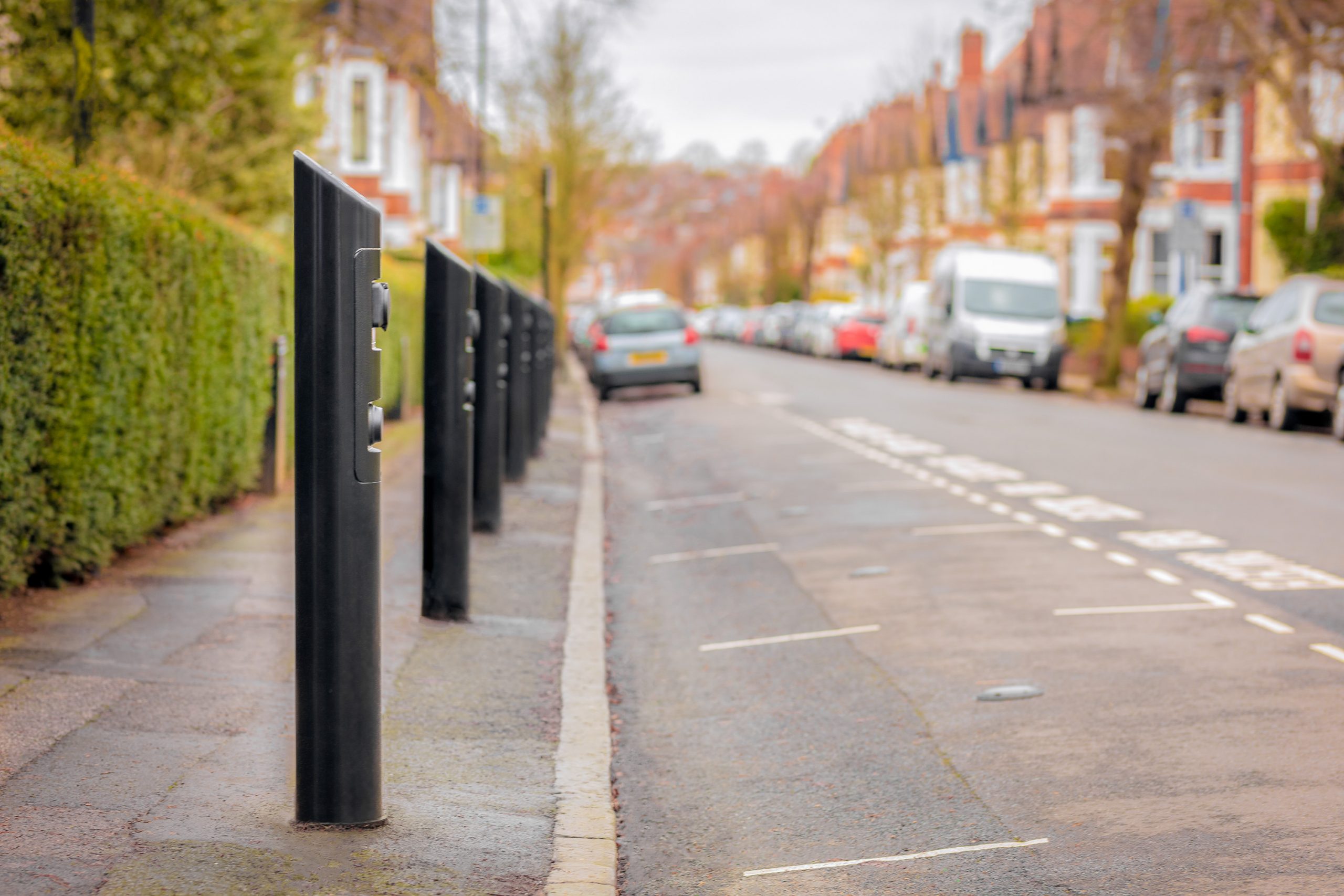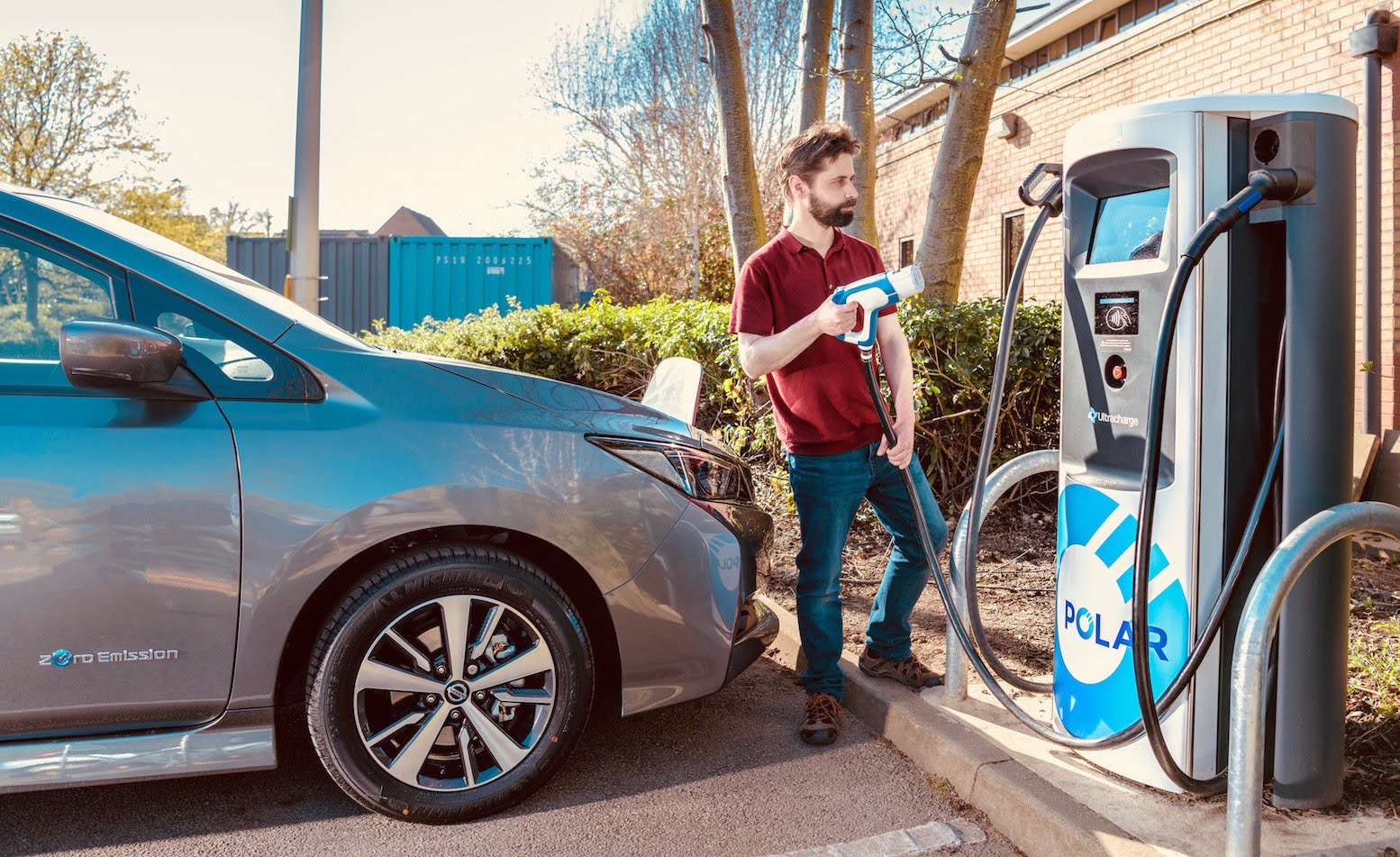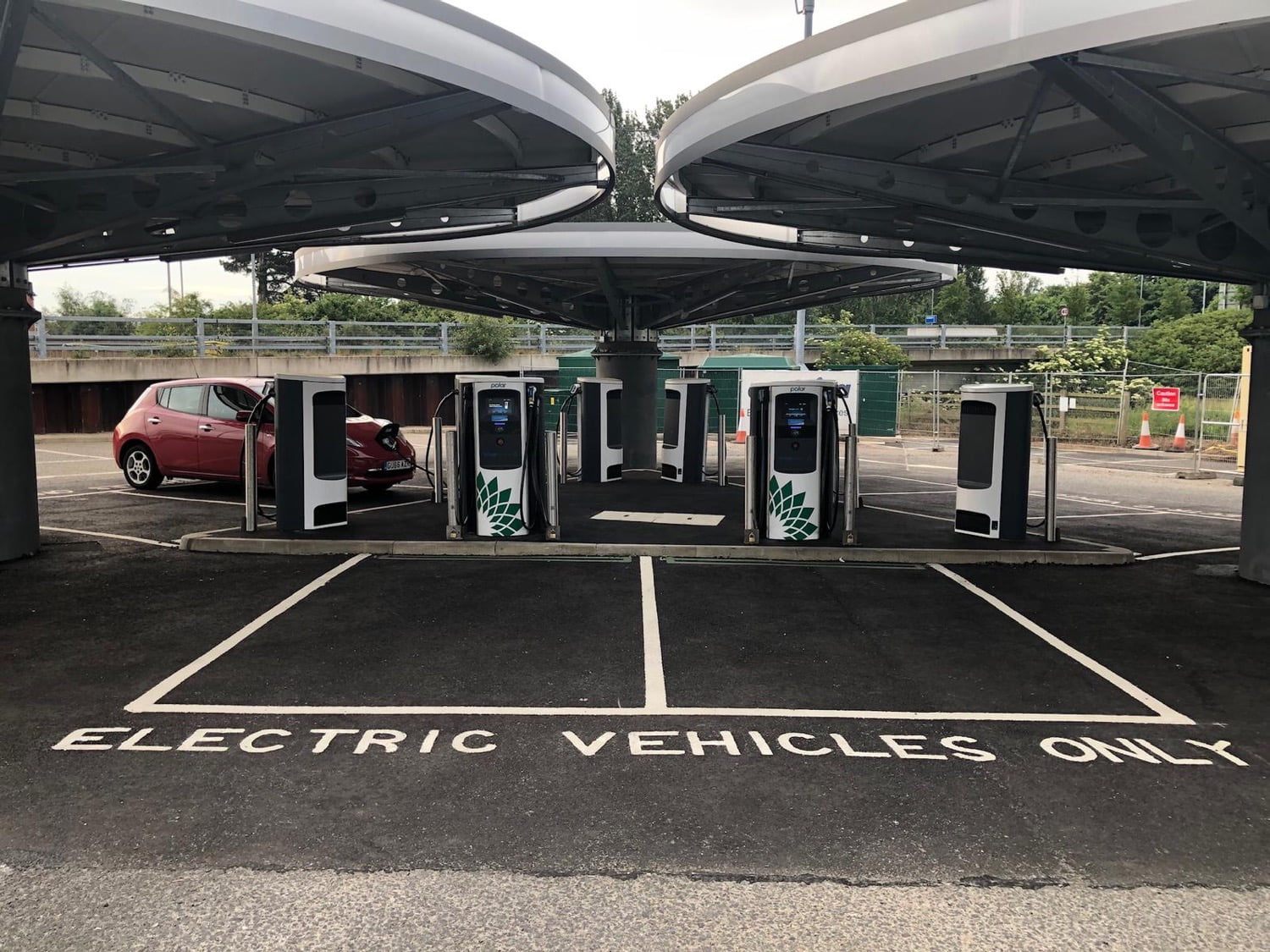Your first goal is to build a common understanding among colleagues of electric vehicles, chargepoint technologies and the urgency of action.
You will need to engage and involve teams from across the council, such as energy and sustainability, transport, planning, procurement, parking and streetscape teams. You’ll also need supportive political leadership to realise your plans – find an EV champion if you can.
To support you, we can deliver workshops tailored to your authority’s needs, covering foundational content on EV market trends and types of chargepoints through to specific modules on procurement, for example.


